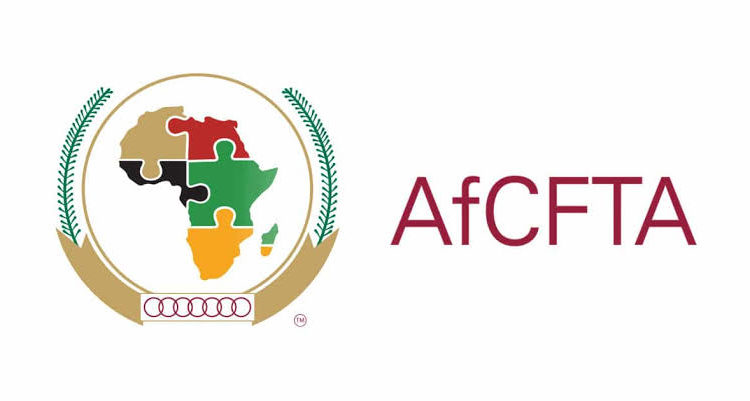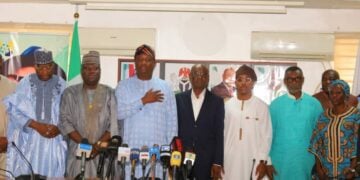Governors in the 36 states of the federation and their counterparts from some African countries have stressed the need for states to institute local African Continental Free Trade Area (AfCFTA) implementation mechanisms.
This was one of the resolutions reached at the 2nd African Sub- Sovereign Governments Network (AfSNET) Conference jointly convened by the Nigeria Governors’ Forum (NGF) and the African Export-Import Bank (Afreximbank), under the theme: “African Sub-Sovereign Governments Network-Championing Africa’s Development” in Abuja.
The governors also agreed to develop critical trade enabling physical infrastructure such as rail, roads, maritime, air and power, which is key to promoting intra-African trade and industrialisation.
The African governors also acknowledged that states have a critical role to play in expanding, growing, and deepening intra-African trade, investment and industrialisation, thus contributing to the continent’s overall economic development and integration.
They also agreed to lower barriers to entry by improving the business environment in our respective regions
According to them “there is a need for sub-sovereign governments to institute local AfCFTA implementation mechanisms, including relevant policies for the smooth implementation of AfCFTA protocols.
“Developing critical trade enabling physical infrastructure (hard and soft) such as rail, roads, maritime, air, and power, is key to promoting intra-African trade and industrialisation.
“Awareness creation of the potential trade and investment opportunities across Africa can enhance collaboration and trade within the continent.
“Developing the technical capacities of our people, particularly those of Micro, Small, and Medium Enterprises (MSMEs), will boost competitiveness and their integration into the intra-African trade value chain.
“Removing tariff and non-tariff trade barriers (including difficulties in securing visas and travelling within the continent) is critical to fostering the movement of goods and services across the continent.
“Directing policies on quick wins and areas where sub-sovereign governments have competitive advantage can help build the early momentum required to optimise opportunities under AfCFTA.
The African governors also resolved that AfSNET will provide a platform that ensures broad participation of various stakeholders in sub- sovereign governments, including the private sector, MSMEs, women and youth in AfCFTA.
“And increasing grass-root interconnections and involvement through the provision of access to trade and investment information, sharing ideas, knowledge and skills with the ultimate objective of deepening regional economic integration.
“AfSNET will strengthen sub-sovereign governance across the continent as a sound basis for economic development, including intra-African trade and investment, and enable Africa to add value to its commodities and reduce over-reliance on the export of primary commodities and the risks of reliance on global value chains.
According to them, the members of AfSNET have a crucial role in increasing economic integration and building the resilience of African economies against the vagaries of a global economy subject to fluctuations.
“There is a need to put in place a Governance and Institutional Framework to strengthen the impact and sustainability of AfSNET, and its ability to achieve its set goals and objectives in an accountable, transparent, and efficient manner,” the governors said.





